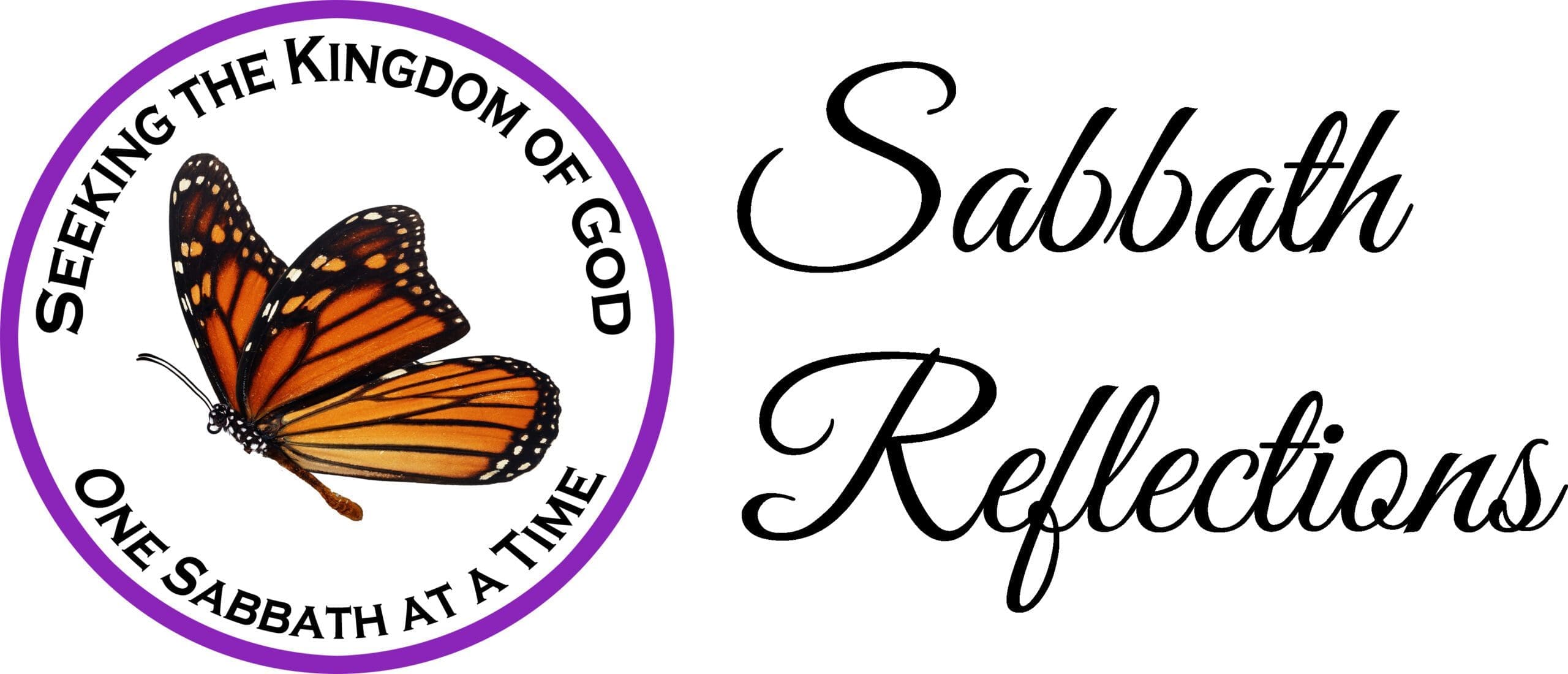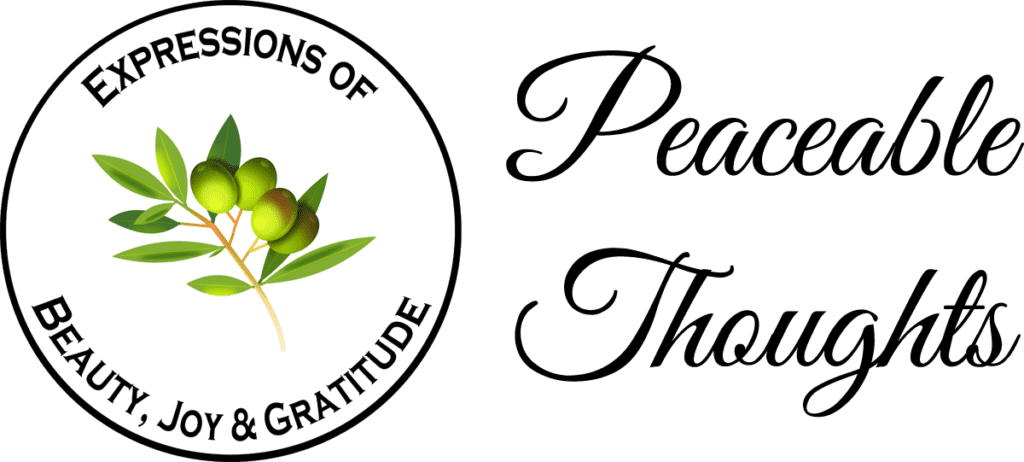NOTE: Due to a mixup, the audio for next week (“Sabbath Thought 2024-04-27 – Feast of Unleavened Bread”) was mistakenly used. This has been corrected but some may not have heard the corrected audio since it was updated.
SABBATH THOUGHT 2024-04-22—MEANING OF LEAVEN
May God bless you on His Sabbath day!
When it comes to leaven, it has been taught for decades that it pictures all sin; however, that does not square with Scripture. Can you think of any verse in the Bible that directly connects leaven with all sin? You might think about 1 Corinthians 5, but read it carefully:
1 CORINTHIANS 5:6-8 Your glorying is not good. Don’t you
know that a little leaven leavens the whole lump? 7 Therefore, purge out the
old leaven, so that you may become a new lump, even as you are unleavened.
For Christ our Passover was sacrificed for us. 8 For this reason, let us keep the
feast, not with old leaven, nor with the leaven of malice
and wickedness, but with the unleavened bread of
sincerity and truth.
Verse 8 is the go-to place for claiming that leaven represents all sin, but it does not say that. It says, leaven represents “malice and wickedness.” While malice and wickedness are sins themselves, it never says that leaven represents all sin. To understand more, look at the definitions for these words:
DEFINITIONS:
Malice = desire to do evil unto others.
Wickedness = conduct that is evil.
Malice and wickedness are a type of leaven. Saying it another way, leaven is the result of malice and wickedness so it is a type of sin. Why? Because people whose conduct is evil or who have a desire to do evil can cause others to also commit serious sins. Remember what Paul said, “a little leaven leavens the whole lump” (v6). Malice and wickedness is a quality or state of the heart and mind that can spread to others. But this is not the only type of leaven. Notice something Jesus Christ said:
MATTHEW 16:6 And Jesus said to them, “Watch out, and be on guard against the leaven of the Pharisees and Sadducees.”
This statement puzzled the disciples who imagined that He was referring to bread. Jesus then reminded them of feeding 5,000 people from only a few baskets of fish and bread. He then flat out said that He was NOT speaking about bread:
MATTHEW 16:11-12 How is it that you do not understand that I was not speaking of bread when I told you to beware of the leaven of the Pharisees and Sadducees?” 12 Then they understood that He did not say to beware of the leaven of bread, but of the doctrine [teachings] of the Pharisees and Sadducees.
Instead of referring to bread, Jesus said leaven is the result of the teachings of the Pharisees and Sadducees. How can teachings be leaven? Because the scribes, Pharisees, and Sadducees were hypocrites! In Matthew 23 we find a harsh condemnation of them where Jesus tells them over and over, “Woe to you, scribes and Pharisees, hypocrites!” A hypocrite is someone who says one thing but does things that contradict what they say. The Greek word for hypocrite is hupokrites and it is a compound of “under” (hupo) and “condemnation” or “judgment” (krises), so it literally means someone who is “under condemnation”. Interestingly, it is what they called actors. So, leaven also represents hypocritical teachings. Again, that is something that can spread to others.
Do you see a pattern here? Leaven represents serious sins that are spread to others. It is not all sin. Sin is the transgression of the law, but when it spreads to others, it becomes leaven. Now “leaven” makes a lot more sense, right? This exactly portrays what happened in Corinth with the man who was fornicating with his stepmother.
Also, leaven is an AGENT! It is not bread by itself. It is put into dough when making bread but the dough itself is not bad. Dough can become leavened OR unleavened bread. We are like dough. We have all sinned so we are leavened to some extent but we need to continue in a state of being unleavened by NOT putting any more leaven into our “dough.” Leaven portrays serious sins that are intentionally spread to others just like deliberately adding leaven to dough. The Corinthians were puffed up because they allowed fornication to continue in their midst:
1 CORINTHIANS 5:1-2 It is commonly reported that there is sexual immorality among you, and such immorality as is not even named among the Gentiles—allowing one to have his own father’s wife. 2 You are puffed up and did not grieve instead, so that he who did this deed might be taken out of your midst.
The Corinthians all knew about their brother in Christ who was committing fornication (porneia = sexual immorality) and his actions affected the entire group. He continued in his sin even though everyone knew it. Such sin can spread—and THAT is why it is called leaven. It is much worse than a sin that does not involve other brethren.
Now, what about the opposite of leaven; that is, what is “unleavened bread”? Look again what Paul said:
1 CORINTHIANS 5:7-8 Therefore, purge out the old leaven, so that
you may become a new lump, even as you are unleavened. For
Christ our Passover was sacrificed for us. 8 For this reason, let us keep the feast,
not with old leaven, nor with the leaven of malice and wickedness, but
with the unleavened bread of sincerity and
truth.
We ARE unleavened because we are no longer putting more leaven into our lives. Through the sacrifice of Jesus Christ, we are to be unleavened by sincerity and truth. (It is unleavened, not unleavened bread—bread was wrongly added.) To be unleavened is not adding any more leavening. So, unleavened is living without leaven and having a heart and mind of sincerity and truth! What do those words mean?
DEFINITIONS:
Sincerity = conduct that is free from deceit or hypocrisy.
Truth = a quality or state of being pure or unconcealed.
To be unleavened is to have a heart and mind that is free of deceit and hypocrisy. If we are unleavened, our hearts and minds are pure before God and Jesus Christ is LIVING in us[1]! Of all who ever lived as flesh and blood, only Jesus Christ is perfectly unleavened. In contrast, we ALL are leavened because once leaven is added to dough it can never be removed. Since we all sinned and were enemies of God[2], we all had leaven in us. It is not something we can change at this point. However, we are to stop adding leaven and allow Jesus Christ to live in us so we move forward in an unleavened state. Now we have all the pieces to understand what leaven and unleavened means:
DEFINITIONS:
Leaven = represents the spreading of serious sins to others. It is the result of a heart and mind filled with deceit, malice, wickedness, or hypocrisy.
Unleavened = represents a heart and mind that is pure. Unleavened does not mean that a person is without sin, it is staying sincere and true to God even when we do sin. Such a heart and mind does not intend to spread sin to others.
Now, this topic would not be complete without addressing “old leaven:”
1 CORINTHIANS 5:7-8 Therefore, purge out the old
leaven, so that you may become a new lump, even as you are unleavened.
For Christ our Passover was sacrificed for us. 8 For this reason, let us keep the
feast, not with old leaven, nor with the leaven of malice
and wickedness, but with the unleavened bread of sincerity
and truth.
When Paul mentioned “old leaven,” it was in the context of the sexual immorality of the man and his stepmother. The Corinthians were gentiles and their entire culture was one of idolatry and sexual immorality and they were struggling to come out of it. The “old leaven” was referring to the practicing and spreading of idolatry and sexual immorality that the Corinthians lived with before their conversion.
This is similar to the ancient Israelites in Egypt. They lived in a culture that taught and spread the sin of idolatry. Why do we keep the Feast of Unleavened Bread?
EXODUS 12:15, 17 Seven days shall ye eat unleavened bread; even the first day ye shall put away leaven out of your houses: for whosoever eateth leavened bread from the first day until the seventh day, that soul shall be cut off from Israel. … 17 And ye shall observe the feast of unleavened bread; for in this selfsame day have I brought your armies out of the land of Egypt: therefore shall ye observe this day in your generations by an ordinance for ever.
God brought the ancient Israelites out from a nation that worshipped false gods. In fact, a reason for the 10 plagues was to judge their gods[3]. The plagues destroyed their idolatry! God brought the Israelites out of Egypt so that they would no longer follow after idolatry. They saw God destroy the Egyptian gods and that way of life. That should have humbled them because God certainly showed there is “none other gods before Me[4]”. The “old leaven” was the idolatry of Egypt that had spread into the lives of the Israelites. Just like their bread that did not have time to become leavened, God wanted them to come out from the source of the “leaven” and stop adding more of that “leaven” into their lives.
Paul told the Corinthians to “flee idolatry”[5]. This seemingly does not fit the context because he begins talking about the Passover symbols (read all of 1 Corinthians 10). But fleeing idolatry fits perfectly in Paul’s discussion because the “old leaven” of Corinth was affecting God’s people the same way Egypt affected the ancient Israelites. They “lusted after evil things”[6] and it was intentionally taught (spread) as a part of their culture. The same thing was happening with the Corinthian brethren so Paul’s warning was very appropriate to the discussion of keeping the Feast of Unleavened Bread.
All are leavened except Christ. After conversion, we are to put away our “old leaven” and stop adding more leaven of serious sins through deceit, malice, wickedness, or hypocrisy. The Feast of Unleavened Bread is about remaining steadfast in an unleavened state through Jesus Christ living in us!
May God’s grace and peace be upon you!
Steven Greene



5 comments
Sabbath Reflections
Elaine and Amber,
Thank you for the questions!
John said, “All unrighteousness is sin” (John 5:17). Righteousness is keeping God’s commandments (Ps. 119:172) but by “offending in one point [of the Law] we become guilty of all” (Jas. 2:10). All sin is serious because the penalty for sin is death (Rom. 6:23).
What is leaven then? Scripture defines leaven as “malice [desire to do evil to others] and wickedness [evil conduct]” as well as hypocrisy. These sins are open and deliberate acts that directly impact others. While that is not how leaven has been described in the past, I cannot find any Scripture that states that leaven represents ALL sin.
What is the difference between leaven sin and sin that is not? John said, “there is sin LEADING to death.” (John 5:16). It seems obvious that LEAVEN is sin that leads to death because it is the worst of evil toward others. But John also said “there is sin NOT leading to death.” (John 5:17). What sins do NOT lead to death? Scripture says those who have God’s Holy Spirit are UNLEAVENED (1 Cor. 5:7). Does that mean we never sin? No! How can we sin and yet be unleavened? That can only happen if there is sin that is NOT leaven. God’s children will never be without sin; however, because we are under grace and the blood of Christ, our sins do not lead to death as long as we continue to repent of them.
Our sins should NEVER fall into the categories of “malice and wickedness” or hypocrisy because we should never intentionally do evil unto others. If we do, those are leaven sins that lead to death. While I can think of many examples of sin NOT leading to death, one might be someone living alone who accidentally eats or drinks something on the morning of Atonement. It was not intentional and certainly did not affect others, but it is still a sin because the commandment strictly forbids it (although there are extenuating circumstances on Atonement).
Hope this helps!
Regards,
Steven Greene
Elaine
Please give an example of sin that does not have the potential to spread to or to harm someone else.
Amber
Not sure I understand your point. Are you saying that not all sin is serious and that not all sins affects others?
Lee
******* EXCELLENT *******!!! THANKS SO MUCH Steve!!! This is *GREATLY* appreciated!! DITTO what the McDonald’s said!!
Barry and Sonia McDonald
Thanks very much Steve for another inspiring and deep message, and for feeding the flock in due season. Praise God.
May you all have a blessed and inspiring FULB.